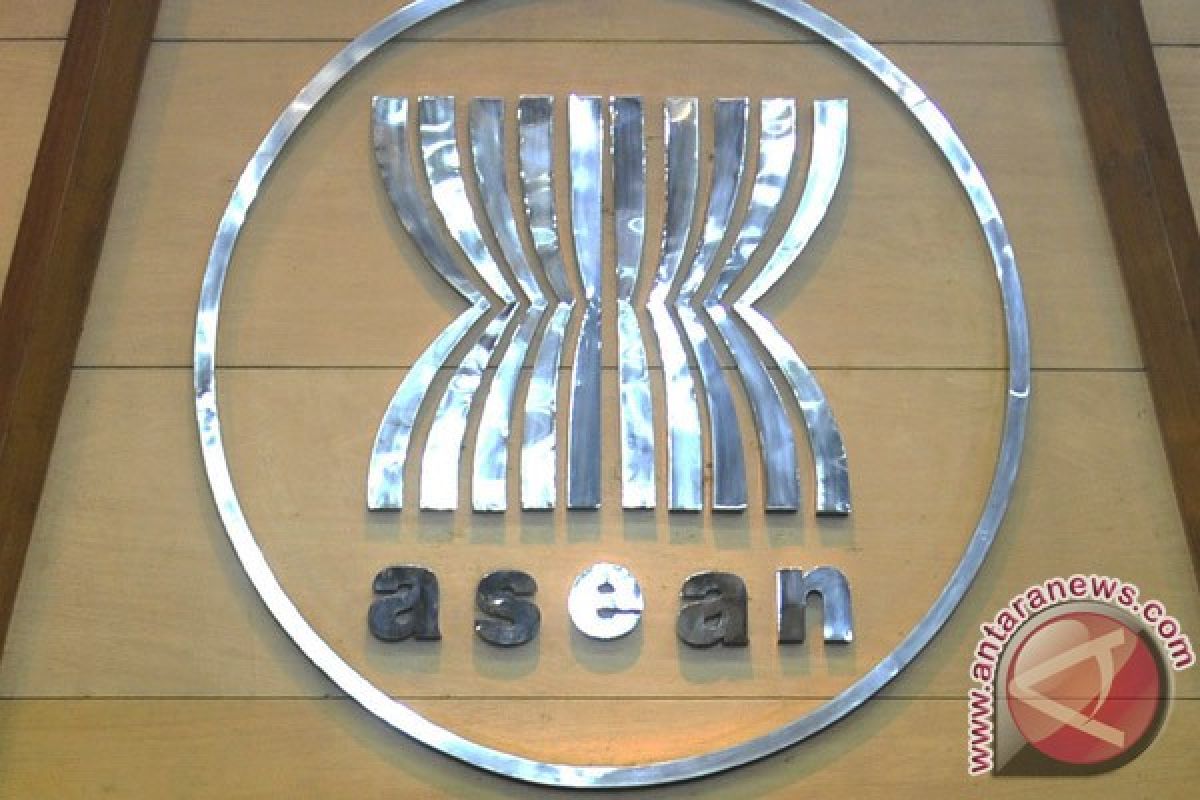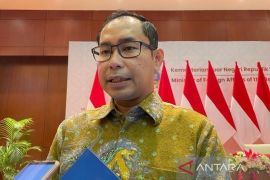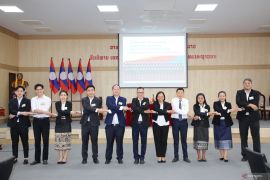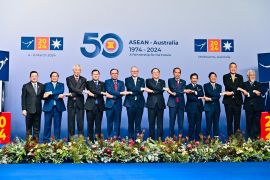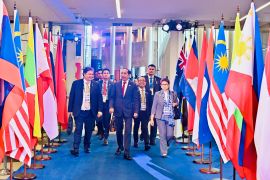"ASEAN has a lot of human resources who can help solve conflict in the region."Jakarta (ANTARA News) - ASEAN`s non interference policy hampers the organization in solving conflict in the region as each members can only speak on behalf its own country, not on the region as a whole, an observer said.
"ASEAN is now facing challenges in the region which needs to be collectively handled. This organization needs to evolve into having a stronger structure," Penang Institute observer Siti Altafdefiyanti said here on Friday.
Siti cited as an example of the South China Sea dispute which involved several ASEAN members. Each party has its own perspective about the dispute and non-interference policy makes ASEAN as regional organization unable to come up with a single position.
"If ASEAN intends to realize its target to become a single community by 2015 the organization must consider changing its structure," she added.
Meanwhile researcher from the Habibie Center, Rudi Sukandar, expressed hope ASEAN will cooperate more with civil society organizations to help find a solution to conflict in the region.
"ASEAN has a lot of human resources who can help solve conflict in the region," he said.
Rudi also criticized ASEAN leaders for not issuing a statement about the recent conflict in Sabah between the Sulu sultanate and the Malaysian government.
"What we expect is for ASEAN as regional organization to at least issue a general statement about the Sabah conflict. But no statement from ASEAN leaders so far," he said.
He emphasized the need for ASEAN to make comment about the Sabah conflict to show regional support for efforts to find a solution to the conflict. He also suggested that ASEAN focus more on the implementation of preventive measures in the face of future conflicts in the region. ***1***
(T.A051/A/A051/A014) 15-03-2013 19:06:24
Reporter: Amie Fenia Arimbi
Editor: Priyambodo RH
Copyright © ANTARA 2013
